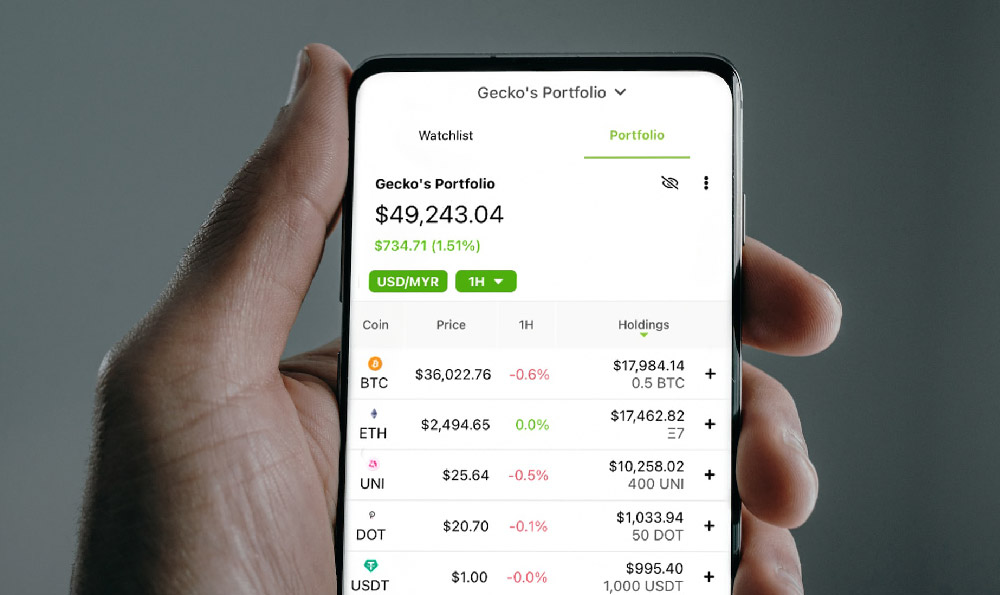Affiliate marketing, at its core, is a performance-based marketing strategy where a business rewards one or more affiliates for each customer brought in by the affiliate's own marketing efforts. Think of it as a digital referral program, but with a global reach and a sophisticated tracking system. To understand its mechanics, let's break down the key players and processes involved.
Firstly, there's the merchant, sometimes called the vendor or advertiser. This is the business that owns the product or service being marketed. They could be anything from a large e-commerce company selling clothing to a small software developer offering a niche application. The merchant is the creator and owner of the product and establishes the affiliate program, defining the commission structure, marketing materials, and terms of service.
Secondly, you have the affiliate, also known as the publisher. This is the individual or company that promotes the merchant's product or service. Affiliates can be bloggers, website owners, social media influencers, email marketers, or anyone with an audience and a knack for promotion. They use various marketing techniques to drive traffic to the merchant's website, such as creating informative content, running targeted ad campaigns, or sharing promotional links on social media.

Thirdly, the consumer, the end-user who ultimately purchases the product or service through the affiliate's referral. Without the consumer, the entire ecosystem collapses.
Finally, there's the affiliate network, which acts as an intermediary between the merchant and the affiliate. While not always necessary, affiliate networks provide a platform for merchants to list their programs and for affiliates to find products to promote. They also handle tracking, reporting, and payments, making the process more efficient and transparent for both parties. Popular affiliate networks include Amazon Associates, Commission Junction (CJ Affiliate), ShareASale, and Awin.
Now, let's delve into the operational flow. An affiliate signs up for a merchant's affiliate program (either directly or through an affiliate network). Once approved, the affiliate receives a unique affiliate link or code that tracks the traffic and sales they generate. This link is embedded in the affiliate's marketing materials, such as blog posts, social media updates, or email newsletters.
When a consumer clicks on the affiliate link and completes a purchase (or a specified action, like signing up for a free trial), the affiliate is credited with the sale. The affiliate network or the merchant tracks the conversion and calculates the commission earned by the affiliate. Commissions can vary widely, ranging from a small percentage of the sale price (e.g., 1-5% for physical products) to a substantial portion (e.g., 50-75% for digital products or software subscriptions). The commission structure can also be based on a cost-per-action (CPA) model, where the affiliate is paid for each lead generated or form submission received.
At the end of a payment period (usually monthly), the merchant pays the affiliate their earned commissions, either directly or through the affiliate network. The payment method can vary, but common options include PayPal, bank transfer, or check.
So, is affiliate marketing right for you? The answer depends on several factors, including your skills, interests, and resources. Here's a balanced assessment of its advantages and disadvantages.
One significant advantage is its low barrier to entry. You don't need to create your own product or service, handle inventory, or deal with customer service. You simply need to choose a product to promote, create compelling content, and drive traffic. This makes it an appealing option for individuals with limited capital or technical expertise.
Another benefit is its flexibility. You can work from anywhere with an internet connection and set your own hours. You can also choose to promote products in niches that align with your interests and expertise, making the work more enjoyable and engaging. Furthermore, affiliate marketing offers the potential for passive income. Once your marketing campaigns are set up, they can continue to generate revenue even while you're not actively working.
However, affiliate marketing also comes with its challenges. One major hurdle is building an audience and generating traffic. This requires consistent effort, creativity, and a strong understanding of marketing principles. You'll need to invest time in creating high-quality content, optimizing your website for search engines, and building relationships with your audience.
Another challenge is competition. The affiliate marketing landscape is becoming increasingly crowded, with many affiliates vying for the same customers. To stand out from the crowd, you'll need to offer unique value and differentiate yourself from your competitors. This could involve creating original content, providing exceptional customer service, or focusing on a niche market.
Furthermore, you are essentially relying on the merchant's product and reputation. If the product is of poor quality or the merchant engages in unethical practices, it can negatively impact your credibility and damage your relationship with your audience. Therefore, it's crucial to carefully vet the products you promote and choose reputable merchants.
Finally, affiliate marketing income can be unpredictable, especially in the early stages. It takes time to build a successful affiliate marketing business, and there's no guarantee of success. You need to be patient, persistent, and willing to learn and adapt as you go along.
In conclusion, affiliate marketing can be a lucrative and rewarding way to generate income, but it's not a get-rich-quick scheme. It requires hard work, dedication, and a strategic approach. If you're willing to invest the time and effort, and you possess the necessary skills and resources, affiliate marketing could be a great fit for you. However, it's essential to weigh the pros and cons carefully before diving in and to approach it with realistic expectations. Remember to always prioritize ethical marketing practices, provide value to your audience, and focus on building long-term relationships with both merchants and customers. Only then can you truly unlock the potential of affiliate marketing and achieve sustainable financial success.












